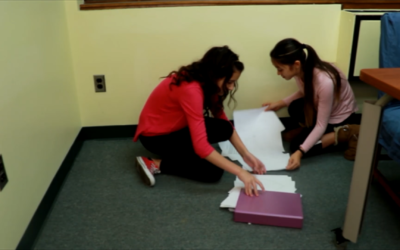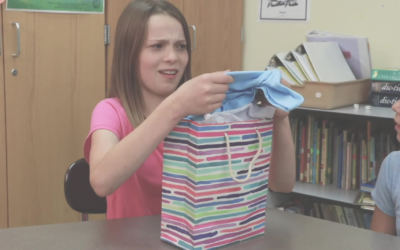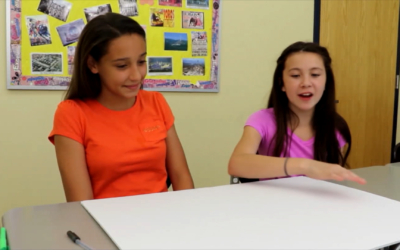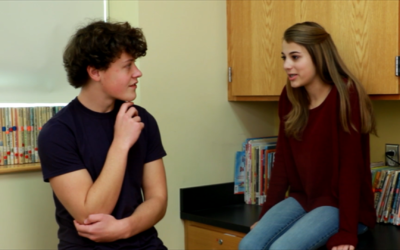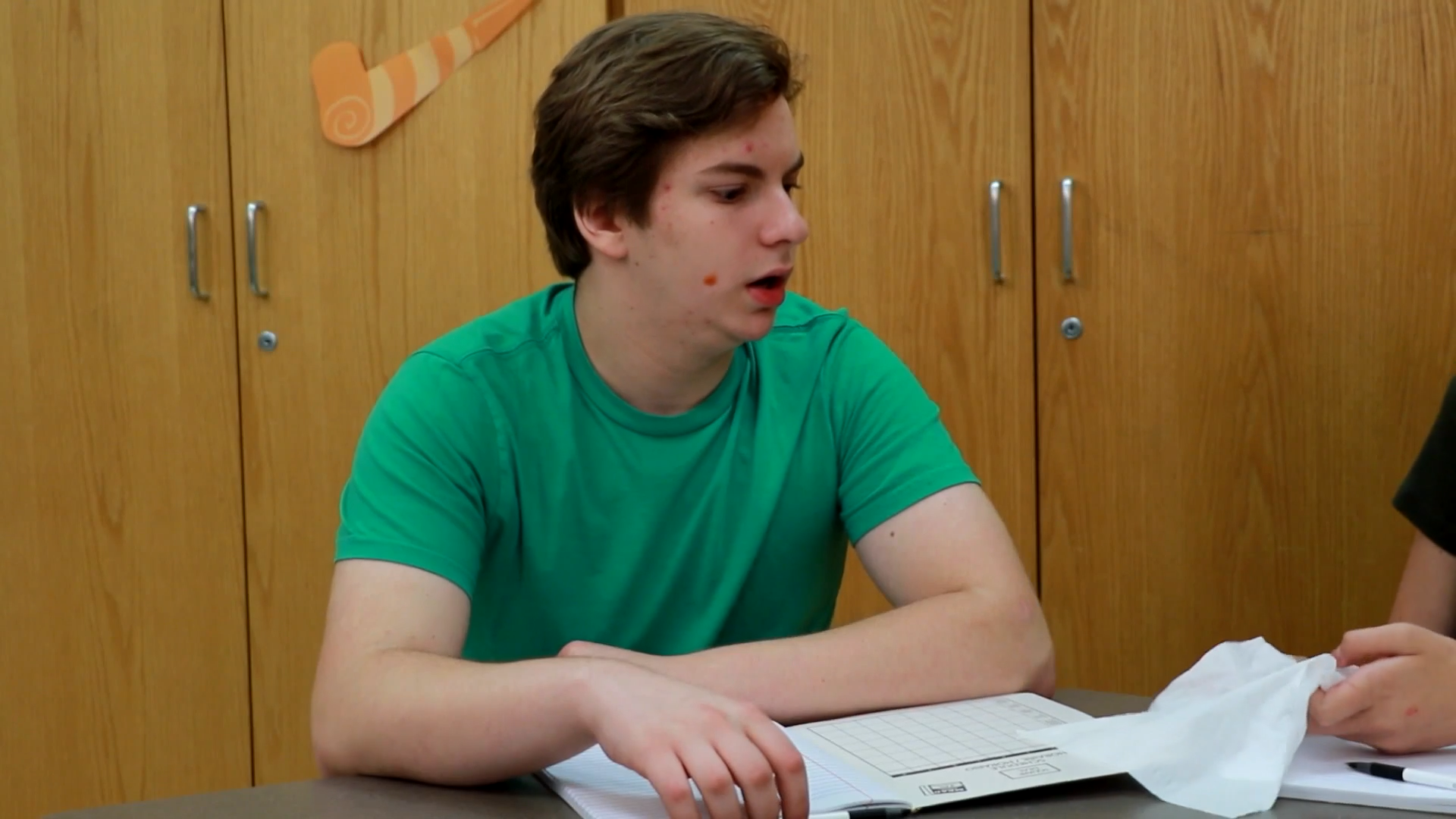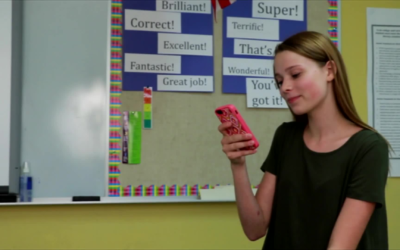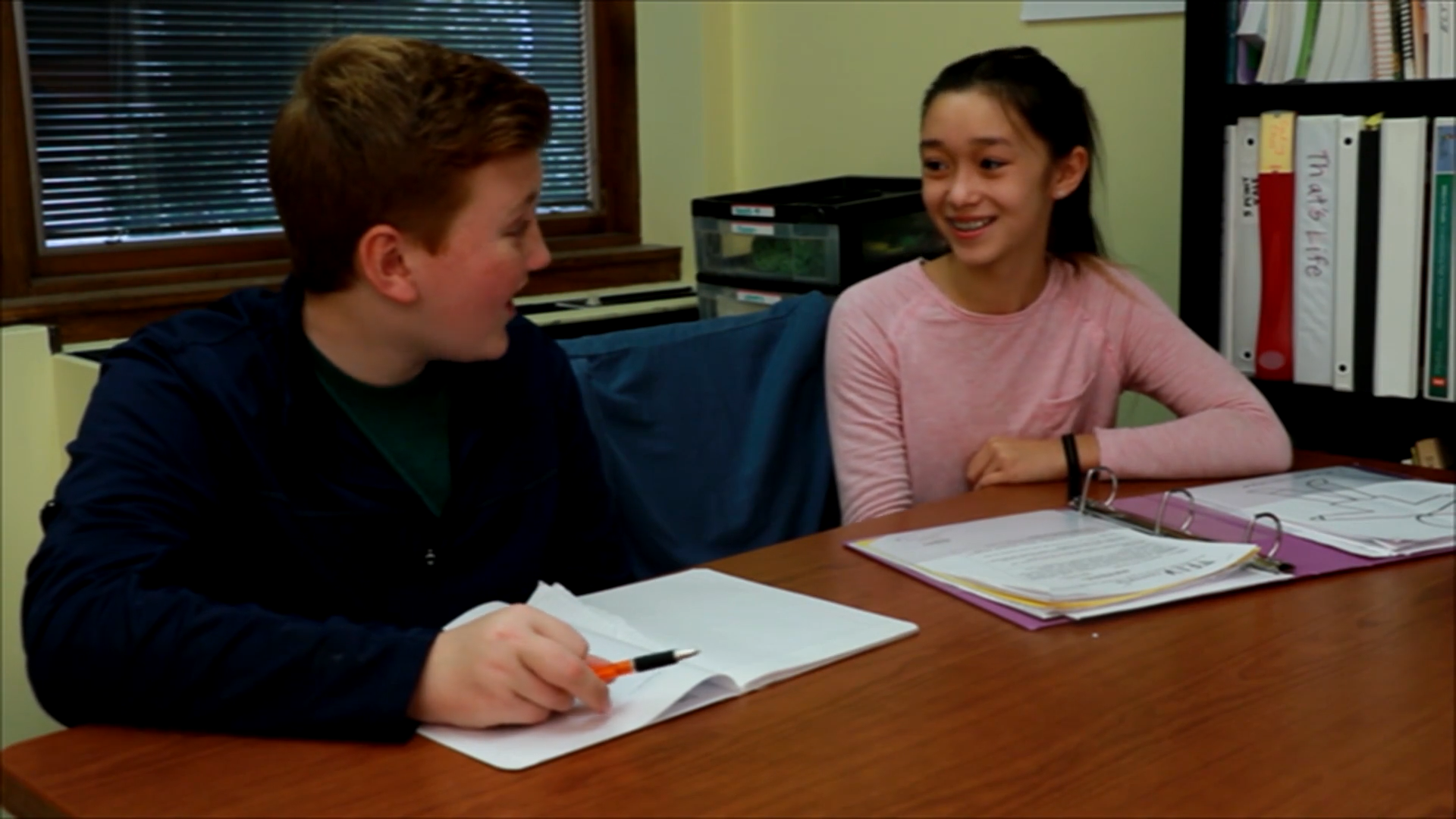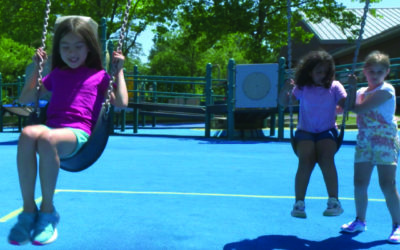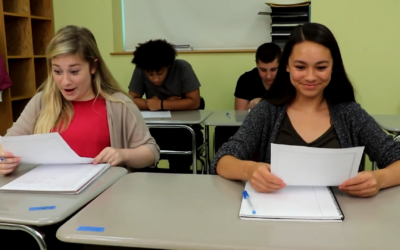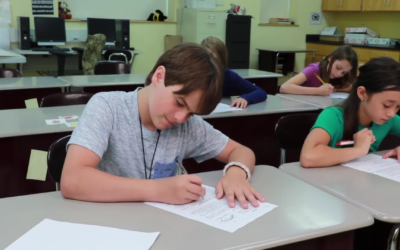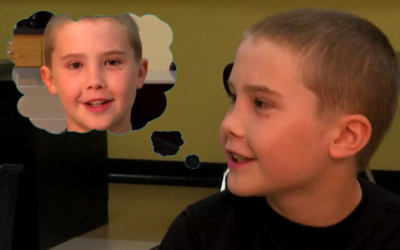Everyday Speech Blog
Social Skill Lesson Plans and Articles
No Results Found
The page you requested could not be found. Try refining your search, or use the navigation above to locate the post.
No-Prep Activities
Teaching the Art of Sincere Apologies in Special Education
Apologizing is an essential skill in building and maintaining healthy relationships. For students in Special Education, understanding the nuances of apologizing can be particularly challenging. This blog post will explore the importance of teaching students how to...
Teaching PreK Students to Filter Thoughts: Think It or Say It?
Introduction As educators, it's essential to teach our PreK students the importance of filtering their thoughts to avoid hurting others' feelings. In this blog post, we will explore a no-prep activity that helps students understand the concept of "think it or say it,"...
Teaching PreK Students Respect and Active Listening with a No-Prep Activity
Introduction Teaching social-emotional skills to PreK students is crucial for their development. In this blog post, we will discuss the importance of teaching respect and active listening to young learners. These skills are essential for building strong relationships...
Teaching Connected Comments for Middle School Conversations
Introduction In social-emotional learning, one essential skill is making connected comments during conversations. This skill enables students to engage in meaningful and effective communication, fostering positive relationships with their peers. When students make...
Teaching Middle School Students to Recognize Interest in Conversations
Introduction Social-Emotional Learning (SEL) is essential for middle school students to develop healthy communication skills. One vital aspect of communication is recognizing when someone is interested in a conversation. By paying attention to verbal and non-verbal...
Teaching Students to Focus on Themselves When Others Break Rules
Introduction In life, people may do things that bother us, such as breaking the rules. This behavior can make students feel worried and upset. If they get too upset, they might lose control and make others around them uncomfortable. It's essential for students to...
Managing Embarrassment: Strategies and Activities for Special Education Students
Introduction Embarrassment is a common emotion that everyone experiences at some point in their lives. For students in special education, managing embarrassment can be particularly challenging. By incorporating principles of Social-Emotional Learning, educators can...
Helping Students Express Their Feelings and Utilize Positive Self-Talk
Introduction As educators, we strive to teach our high school students the importance of effectively communicating their feelings to others. When students don't express their emotions, misunderstandings can arise, leading to unhealthy relationships and further...
Teaching Elementary Students to Use Appropriate Conversation Volume: A Social-Emotional Learning Guide
As educators, it's essential to teach students not only academic skills but also social-emotional skills that will help them succeed in life. One such skill is using an appropriate conversation volume. This blog post will discuss teaching elementary students how to...
Inclusive Play: Encouraging Everyone to Join in on the Playground
Introduction As educators, it's important to teach students the value of including everyone on the playground, regardless of their interests, abilities, and personalities. Inclusivity fosters a positive environment where everyone feels welcome and valued. By promoting...
Teaching Facial Expression and Body Language Reading for Special Education
Introduction In this blog post, we will discuss the importance of teaching students in Special Education to read facial expressions and body language. Recognizing emotions in others can be challenging, especially for students with unique learning needs. By focusing on...
Enhancing Texting Communication: Cyber Skills for Special Education Students
Introduction Texting has become an essential mode of communication in today's world, but it can be challenging for students, especially those in Special Education. The lack of facial expressions and tone of voice often leads to confusion and misunderstandings. To help...
Emotions Bingo: A Fun Way to Teach Emotion Recognition and Empathy
Introduction Teaching students to recognize emotions and develop empathy is a crucial aspect of Social-Emotional Learning. Emotions Bingo is an interactive and engaging activity designed to help students identify various emotions, understand the reasons behind them,...
Teaching Turn-Taking in Conversations: An Essential Communication Skill
Introduction Effective communication is a crucial aspect of Social-Emotional Learning. When we engage in conversations, it's important to remember that everyone should have a chance to talk. Turn-taking is an essential skill for maintaining a healthy balance in...
Teaching the Importance of an Open Mind in Social-Emotional Learning
Introduction Dealing with change and accepting others' ideas can be challenging for students. When they display a Closed Mind, it can lead to feelings of anxiety and negatively impact social interactions. In contrast, an Open Mind allows students to remain calm,...

